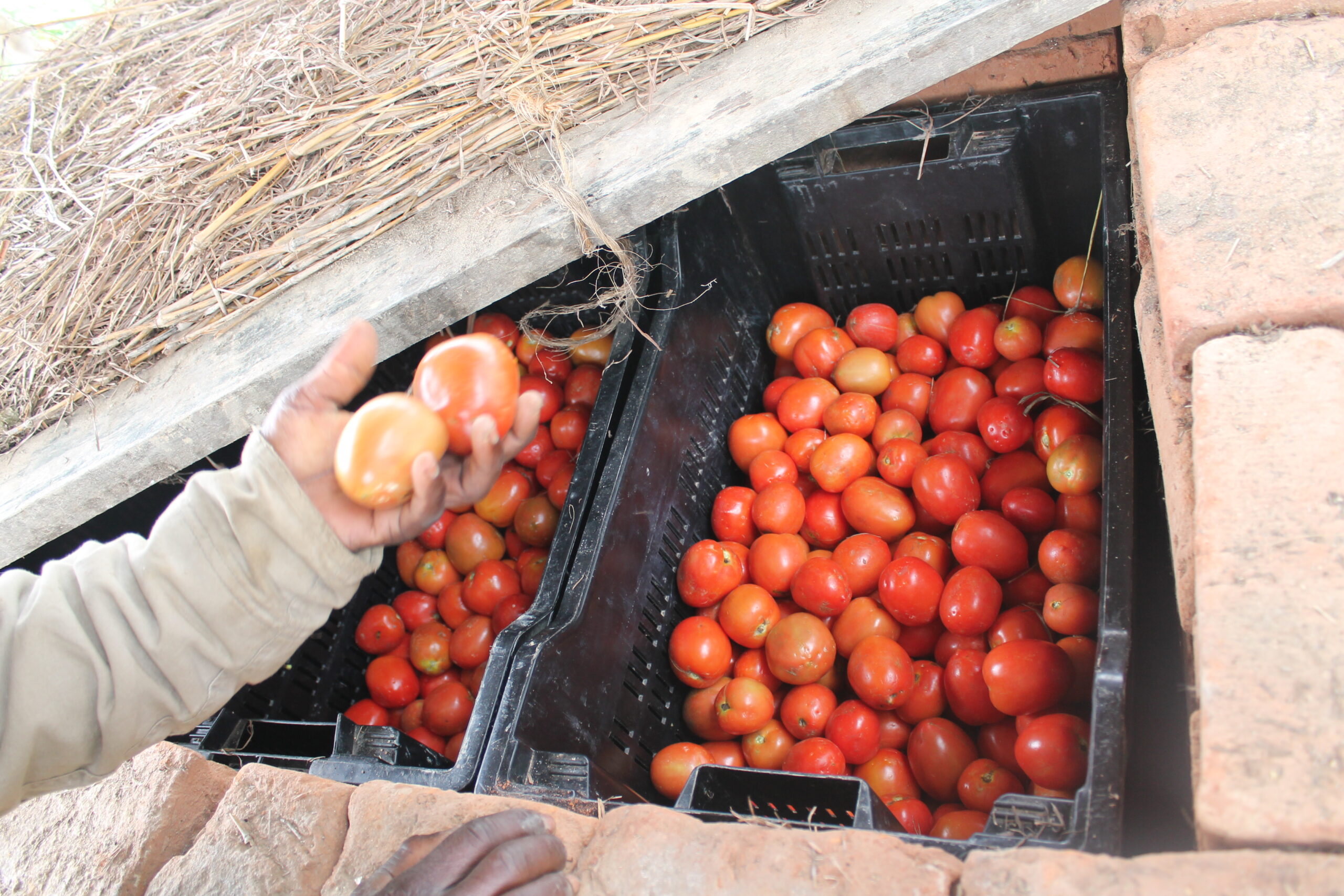Nairobi, Kenya – May 2, 2025 – In response to mounting climate challenges, Kenya is advancing a groundbreaking tomato breeding initiative aimed at equipping farmers with robust, high-yielding varieties that can withstand pests, diseases, and erratic weather patterns. The move marks a critical step in the country’s broader efforts to ensure food security, stabilize farmer incomes, and promote sustainable agricultural growth.
Tomatoes—integral to Kenyan cuisine and a key cash crop for smallholder farmers—have suffered significant losses in recent years due to prolonged droughts, unpredictable rainfall, and increasing pest infestations. The current breeding program, led by the Kenya Agricultural and Livestock Research Organisation (KALRO) in collaboration with local and international partners, seeks to turn the tide by developing climate-resilient tomato varieties that perform reliably under environmental stress.
“Climate change poses a serious threat to tomato production, and our farmers are on the frontlines,” said Dr. Jane Kamau, lead scientist at KALRO. “We are creating varieties that not only resist diseases such as bacterial wilt and pests like the Tuta absoluta moth, but also thrive amid drought and fluctuating temperatures.”
The breeding process combines traits from both local and international tomato strains, focusing on attributes such as drought tolerance, early maturity, pest resistance, and market-friendly fruit quality. These candidate varieties are undergoing rigorous trials across Kenya’s diverse agro-ecological zones—including the Rift Valley, Central, and Western regions—to assess their adaptability and performance under local conditions.
Early results are encouraging. Mary Wanjiku, a smallholder farmer in Nakuru County, shared her experience: “These new tomatoes are tough and produce consistently even when rains delay. I’ve seen fewer pest issues and better prices at market thanks to improved fruit quality.”
This initiative is part of Kenya’s national strategy to enhance agricultural resilience in the face of climate change. Agriculture contributes about 22% to the country’s GDP and employs a majority of the rural population. By fortifying a key crop like tomatoes, the government and research bodies hope to reduce post-harvest losses, minimize dependency on imports, and increase food availability year-round.
Experts emphasize the long-term benefits of the program. “This is a transformative approach,” Dr. Kamau noted. “It’s not just about surviving climate change—it’s about building a resilient, thriving agricultural system that future generations can depend on.”
